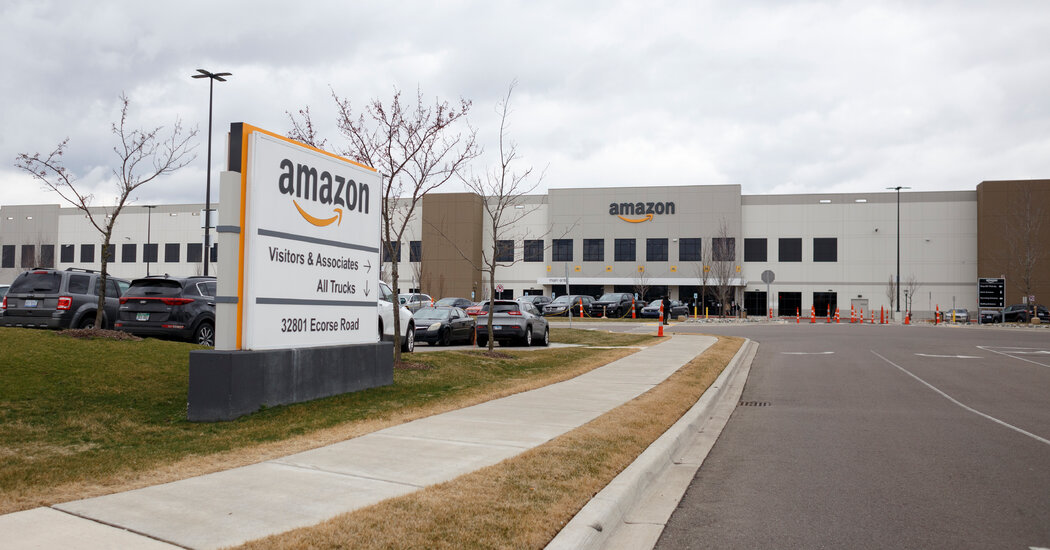While individual patient records are generally protected by federal health privacy laws, the big data expertise that has fueled Amazon’s success can be powerful in healthcare — for forecasting costs, targeting interventions, and developing products and treatments. said Dr. Aaron Neinstein, a digital health expert at the University of California, San Francisco and a member of a federal advisory committee on the matter.
One Medical went public in 2020 for $22.07 per share. After peaking at $58.70 last year, the stock price closed at $10.18 on Wednesday. The unprofitable company has missed Wall Street’s recent expectations amid a broader downturn for healthcare start-ups.
“We look forward to innovating together and expanding access to quality healthcare services,” said Amir Dan Rubin, the CEO of One Medical, who will remain in his post after the deal closes. The deal requires regulatory approval and One Medical’s shareholders.
Amazon’s healthcare ambitions go back more than two decades. In 1999, Amazon invested in Drugstore.com, a darling of the dotcom bubble, and Jeff Bezos, Amazon’s founder and then CEO, served on the Drugstore.com board.
But over the past half-decade, Amazon has plunged into its own vision of healthcare. In 2018 it started Haven, a partnership with JP Morgan and Berkshire Hathaway. Those companies, three of the country’s largest employers, were looking for new ways to provide healthcare to their employees. The amorphous attempt attracted a lot of attention but stalled and formally ended last year.
Amazon got into the $560 billion prescription drug industry when it spent $753 million in 2018 to buy the start-up PillPack, an online pharmacy that focuses on recurring monthly medications. Later, Amazon started Pharmacy, which, like PillPack, supplies drugs and integrates discounts for customers with Prime memberships.

